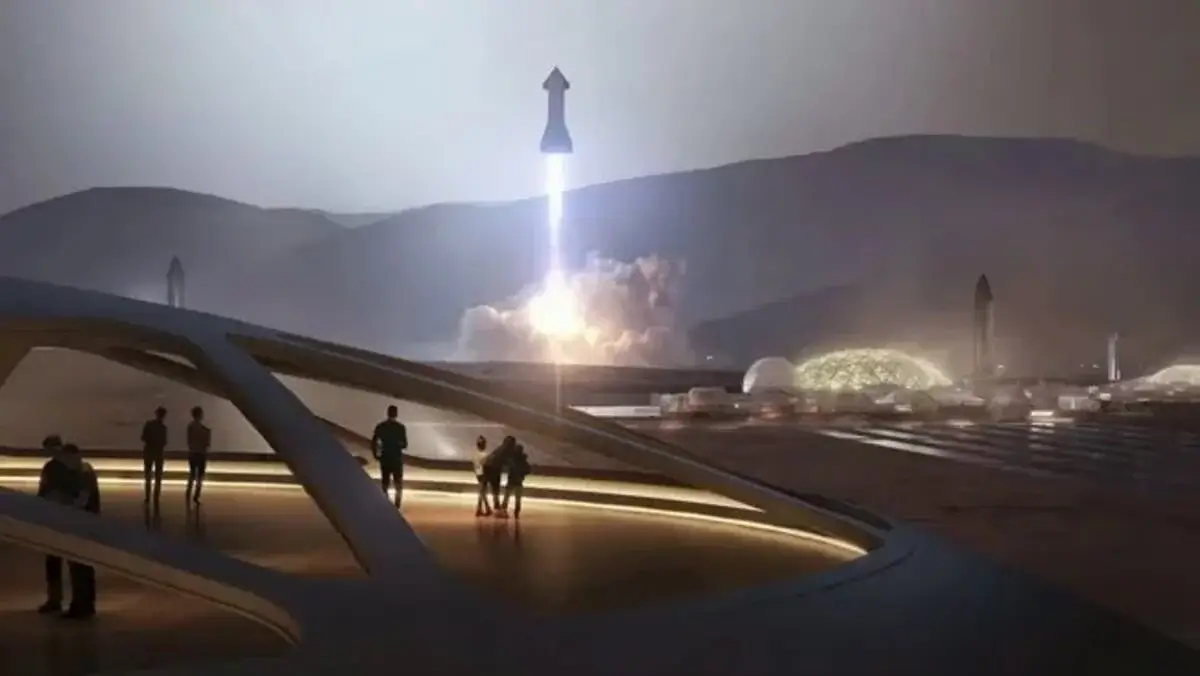Elon Musk plans to build an independent city on Mars by 2055

According to SpaceX founder and CEO Elon Musk, if significant advancements are made in the field of heavy rockets, humanity could establish a stable and self-sufficient colony on the Red Planet by 2055.
He emphasized that it is possible to do this within 30 years. The main factor in this will be the exponential increase in the tonnage that can be delivered to Mars, effectively using flights to Mars, which are opened every two years.
Musk noted that increasing the tonnage scale is of great importance, as a settlement on Mars needs various substances and resources - housing modules, robotic assistants, food production systems, fuel extraction technologies from the atmosphere, as well as materials necessary for the production of microchips, computers, and rockets. In his opinion, true independence requires the placement of "all components of civilization."
The Starship V3 transport system, which can be fully recycled in the future, is being developed to fulfill these tasks. It will be able to carry more than 100 tons of cargo into orbit. This figure is approximately 2.5 times greater than the capabilities of Falcon Heavy, which is currently only partially reusable. Currently, in Falcon Heavy and Falcon 9 rockets, the upper stage is only a one-time stage. Super Heavy and Ship (upper stage of Starship) are designed for full reuse.
According to Musk, the Starship V3 missile system will reach an altitude of approximately 124.4 meters. For comparison, the Starship V2 version measures 121 meters. This third-generation system will be launched as the first complete modification capable of flying to Mars. SpaceX plans to send its first unmanned missions to Mars using Starship V3 at the beginning of next year.
Read “Zamin” on Telegram!





















